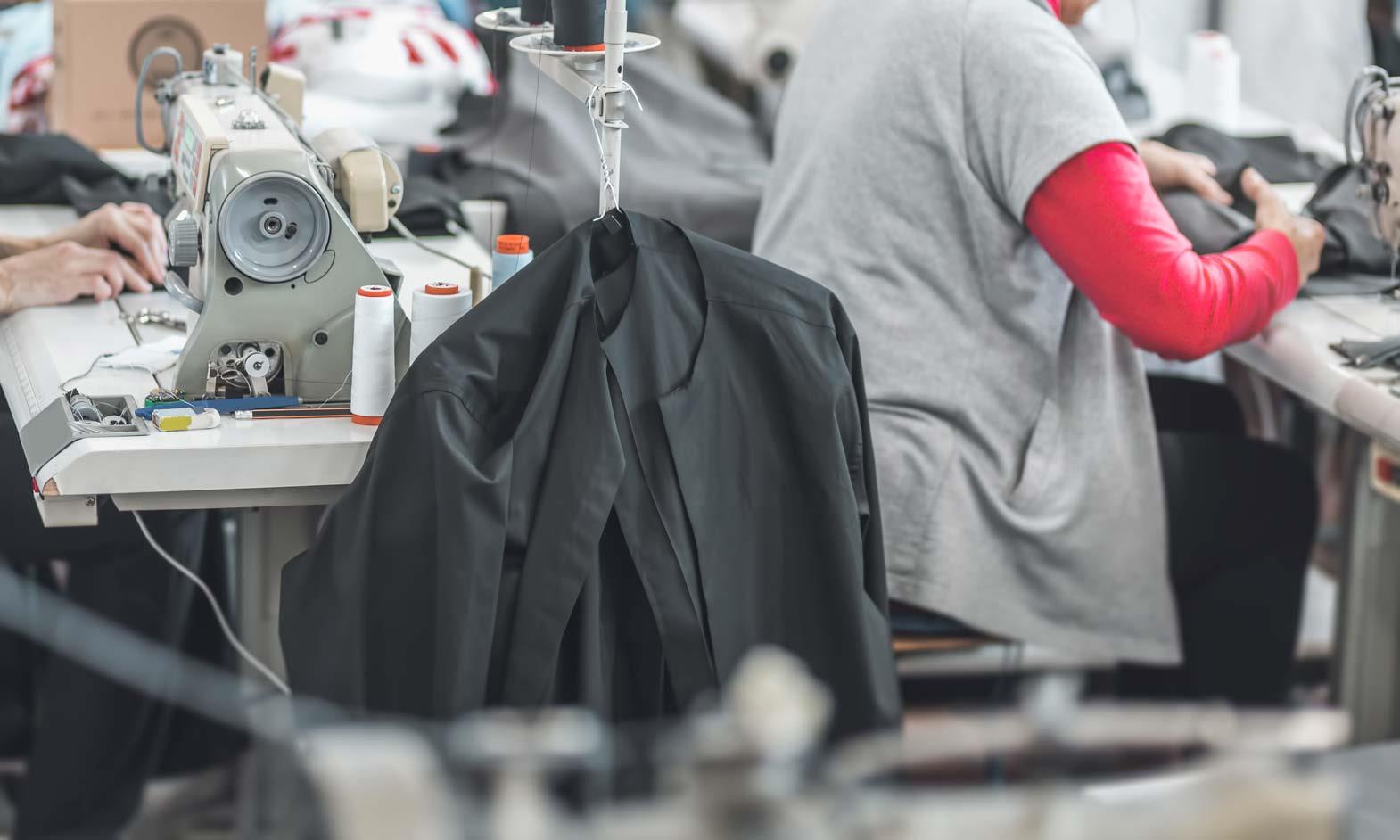After pro-democracy leader Aung San Suu Kyi was released from house arrest in November 2010, the Burmese government has taken steps to improve foreign relations and attract foreign investors. Comprehensive European Union (EU) and U.S. trade sanctions are being relaxed, with diplomatic efforts intensifying, particularly following Suu Kyi's election to the Burmese parliament.
"With US and EU sanctions lifted, we can expect the annual export volume to grow by 100-200% over the next couple of years," says Evelin Petkov, Director of Bagan Capital Ltd, the parent company of the Myanmar Business Network, a local industry watchdog based in Yangon, the country's manufacturing hub.
Burma has been a relatively small player in the global garment trade. In 2011, Burma exported garments worth US$770 million, primarily to Japan, Germany, South Korea, and other European countries, according to official statistics. The U.S. was the primary buyer of Burmese textiles before sanctions were imposed in 2003. In recent years, the market has expanded to include Brazil, Argentina, South Africa, and Turkey. The relaxation of sanctions is expected to create thousands of jobs in this sector. "Currently, there are over 200 garment factories in Myanmar, employing about 20,000 people," Petkov explained. "In the post-sanctions period, if the jobs lost due to the sanctions are restored, then employment in the Myanmar garment industry can grow to as high as 100,000 workers."
Lowering Restrictions
Foreign ministers including US Secretary of State Hillary Clinton, Britain's William Hague and Japan's Koichiro Genba have all visited the country within the last year. The visits by America and British representatives marked a positive step forward between the two nations and Burma but sanctions from these countries still remain in place. In the US, a partial waiver of restrictions under the Trafficking Victims Protection Act, signed on 6 February 2012, was one move made following the visit. The waiver allows the US to support assessment missions and provide some technical assistance to Burma by international financial institutions (such as the World Bank and International Monetary Fund).
Imports of clothing produced in Burma however are still banned under the Burmese Freedom and Democracy Act of 2003. In July 2009 the ban was extended for another three years - it's up for renewal this summer, although it may now be allowed to lapse. The European Union eased sanctions regarding restrictions on certain individuals in Burma before announcing an end to sanctions in April. Japan has been moving slightly faster at expanding economic ties between the two countries. In February 2012, officials in Tokyo said that Japan hopes to enter official negotiations with Burma on a bilateral investment accord this spring. The agreement would make it easier for Japanese companies to do business in Myanmar.
The Japan External Trade Association (JETRO) and the Myanmar Garment Manufacturing Association have already been working together over the last few years to improve the quality of clothing produced at Japanese clothing factories based there. Meanwhile, Japan is currently Burma's largest garment customer, with shipments of US$243m taking a 34% cut of total clothing exports (for the fiscal year of March 2010 to March 2011), according to the Myanmar Business Network - which says this was an increase of 30% from the year prior. Germany, Spain and South Korea are also big customers.
According to Japan External Trade Association's (JETRO) 'Guidebook for Export to Japan 2011 (Apparel Products and Materials)', released in March 2011, 7.8% of Japan's leather shoe imports in 2010 came from Burma, a figure that has been on the rise since 2006. This amounted to JPY6bn (US$73m) at roughly JPY1,654 (US$20) per pair. In the same year Burma accounted for 1.7% of Japan's sport shoes imports, valued at JPY653m (US$8m). Japan may be its largest importer, but Burma makes up a small amount of the country's clothing/textile imports - only coming under the "other" category in government statistical digests from the ministry of finance in Tokyo.
How Big if the Future?
Despite these small trade figures, the garment industry is slated to be a big future player within Burma's underdeveloped economy. In 2010 to 2011, Burmese newspapers reported that the number of clothing factories had increased from approximately 120 to 200. The country's predicted economic growth and the low-cost of labour are seen as pros for foreign companies. A 2011 survey by JETRO titled, 'Comparative Survey of Investment-Related Costs in 31 Major Cities and Regions in Asia and Oceania', put the average monthly wage of a general worker in Yangon (Rangoon) at MMK40,865 (USD41) per month - the lowest of the countries surveyed. A 2011 report by Burmese specialist news agency Mizzima stated the average salary of a clothing company worker had increased to approximately MMK80,000 (USD80).
Burma also has a number of cons. Although it has taken steps towards political reforms there is still a long road ahead to improve the current political system and truly better the lives of the people. It is one of the poorest countries in Asia and has unreliable infrastructure. Electricity shortages and blackouts are common and phone and Internet lines are often out too. But if the necessary investments are made to ease these problems, Burma may be the new textile and clothing supplier country to watch.
This article was originally published in the Stitch Times, July, 2012.








Comments